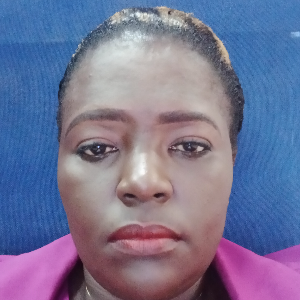Title : What about care for addict patients in Gabon?
Abstract:
Gabon has a mental health policy and strategic plan, which have not been implemented to any great extent. It has ratified the WHO Framework Convention on Tobacco Control and the Protocol to eliminate illicit trade in tobacco products. An anti-smoking law was enacted in September 2013. However, it has to be said that initiatives to provide care for addicted patients are virtually non-existent in the country. The scarcity of addiction and alcohol treatment facilities with qualified staff is a serious problem. Until now, the treatment of addicts has been essentially psychiatric. This is justified by the lack of appropriate products for the treatment of addictions, including alcohol, tobacco and opiates. This observation would justify the many failures observed in treatment and the recourse to various therapeutic itineraries (Nganga called sorcerer, priest exorcist or Pastor).
Furthermore, while the statistics of the Office Central de Lutte Antidrogue (OCLAD) on seizures of illicit products are on the rise, we deplore the absence of a national epidemiological survey on addictions. We deplore the lack of a national epidemiological survey on addictions. With a view to providing comprehensive and efficient care, it is vital to map out the products consumed, as well as their prevalence in the population. The ESPOIR clinical psychology practice, set up in 2022 and specialising in the care of addicts and patients with psychiatric disorders, is attempting to meet these needs.
The purpose of this presentation is to:
I. To provide an overview of mental health in Gabon and the management of addictive patients.
II. To present the sociodemographic, addictive and psychiatric characteristics of patients followed over a two-year period (January 2022 to January 2024).
III. Highlight the difficulties encountered in the day-to-day care of users.
IV. To recommend and emphasise the urgent need for comprehensive care (medical, psychological and social).
V. Demonstrate how the use of remote medicine can help to train addictology carers.




